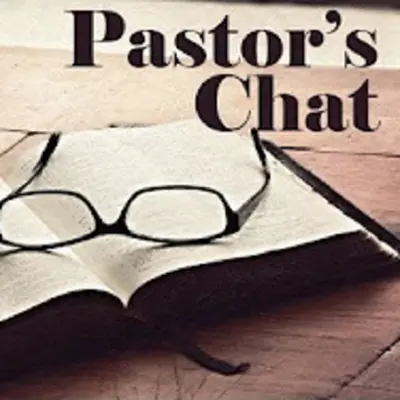Aswe come to this chapter, we need to remember several things. It's Passoverweek. Jesus has finished almost three and a half years of ministry, healing thesick, raising the dead, giving sight to the blind, feeding the hungry,preaching to the multitudes, teaching His disciples, confronting the Pharisees,scribes, and hypocrites. All this has taken place now for three and a halfyears.
Jesus has publiclyrevealed Himself as the Messiah. He's come into Jerusalem on Sunday of Passoverweek. He is the Lamb of God who has come to take away the sin of the world. Thecrowd, the multitudes, believed and trusted that He was the Messiah to deliverthem from the Romans. When the Pharisees asked Jesus to rebuke them, Jesussaid, "Even these stones would cry out if they didn't recognize who Iwas." He had publicly revealed Himself. Yet, there was a group whorejected Him, and they were the spiritual and political leaders of the Jewish nation.
On Sunday, Jesus ridesinto Jerusalem. On Monday, Jesus cleanses the temple. Now on Tuesday, Jesus isconfronted by the scribes, the high priest, the lawyers, (that’s who thescribes are), and the elders. Three groups of people, representing thereligious and political leaders of the day for the Jews, confront Jesus.
Verse 1, “Now ithappened on one of those days”. We believe the day was Tuesday specificallyin this passage, as He taught the people in the temple and preached the gospel.Jesus has come back on Tuesday of Passover week. He is teaching and preaching.He's loving the people, teaching them the gospel. “The kingdom of heaven is athand; the King is here”. He is telling them wonderful things about who God is,who the Savior is, and how salvation and peace can come through trust andbelieving in Him.
He is preaching thegospel about Himself. Isn't that amazing? Because the Gospel is all aboutJesus.
So, Jesus is preachingand teaching the Gospel, and that's when the chief priests, the scribes, andthe elders confronted Him. These people are incensed. The fact that Jesus ispreaching and teaching and the crowd has received Him, brings them to the pointthat they have to do something about Him. It says “they confronted Him”,means they came upon Him suddenly. They hope to catch Jesus with a questionthat will humiliate Him, and expose Hm to be against the leadership of theRomans politically. Then He could be crucified, stoned, or killed.
They'd already tried tostone Him on several occasions. Now they're going to use the tactic of getting Himto break one of the laws of the land so that the Romans will put Him to death.Of course, that fulfills the Old Testament scripture about how Jesus would die,not by stoning but by crucifixion. Read Psalms 22, and Isaiah 53. Theyconfronted Him and spoke to Him, saying, "Tell us, by what authorityare you doing these things, or who is he who gave you this authority?"
The priests had theirauthority from the law of Moses; they got their authority because the Leviticaltribe had been set apart to be the priests of the people, and the high priestcame from that tribe also. The scribes, these were the lawyers who had beentaught by the rabbis. They understood the law, they interpreted the law. So,the lawyers had their authority from the rabbis. The elders, these were theleaders of the different clans, the different tribes. They'd been chosen fortheir wisdom, leadership, and ability to lead. Probably on Monday night, thesethree groups of leaders have gotten together determined how they would confrontJesus on Tuesday.
But Jesus is ready forthem. When they ask, "Where did you get your authority?" they'resaying, "We have authority, but who are you? Where does your authoritycome from?"
We can't wait to talkabout the answer the gave them and how He turned the table on them over thenext few days.
